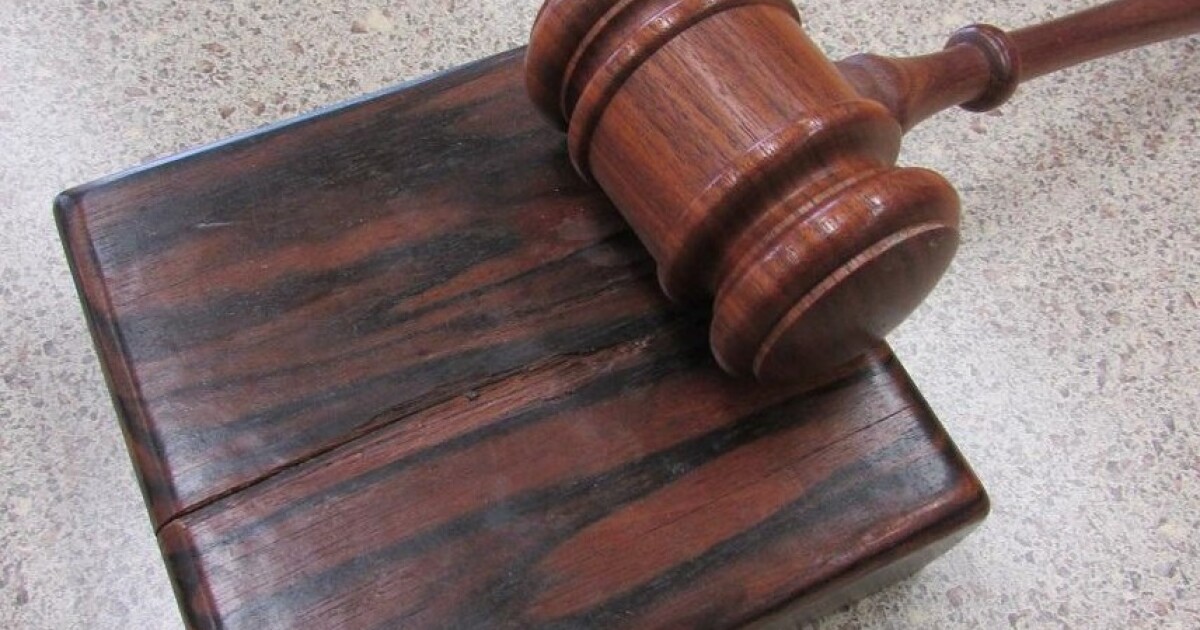"That’s mainly the reason a lot of people don’t come forward until they’re older, they don’t care. They don’t care. At that point, they don’t care what nobody thinks about them. I came forward at a young age and I was told I was crazy,” [Cory] Rens said.
“Survivors of sexual abuse shouldn’t have to hire a lobbyist and get laws passed just for the opportunity to have their day in court,” [state Representative Julie] Brixie [(D-Meridian Twp)] told reporters during a press conference Wednesday.
Brixie is leading a bill package currently before the Michigan House of Representatives that would give survivors until the latter of 10 years after the claim, the victim’s 52nd birthday, or seven years after coming to terms with the abuse, to sue. Brixie’s bill would also provide a two-year window for any survivor to revive a legal claim.
What about the questions of reliability when it comes to evidence after so long? Most abuse evidence comes from testimony (memories worsen with time), physical (requiring near immediate collection), or forensic (degraded or contaminated over time). If there is digital evidence that stands the test of time it can be very good. But even it can be degraded or partly lost or incomplete.
Cases from a long time ago typically stand on testimony and expert witnesses interpreting behaviors and interviews. It is almost always colored by victim empowerment and the desire for justice and making an example of someone. You might think it makes a good deterrent to prevent abuse. But there is a high risk of false accusations, which even when wrong and proven wrong, completely destroy lives.
We need to concentrate on empowering people to come out immediately. That it is not “okay” for abuse to occur at any age.



